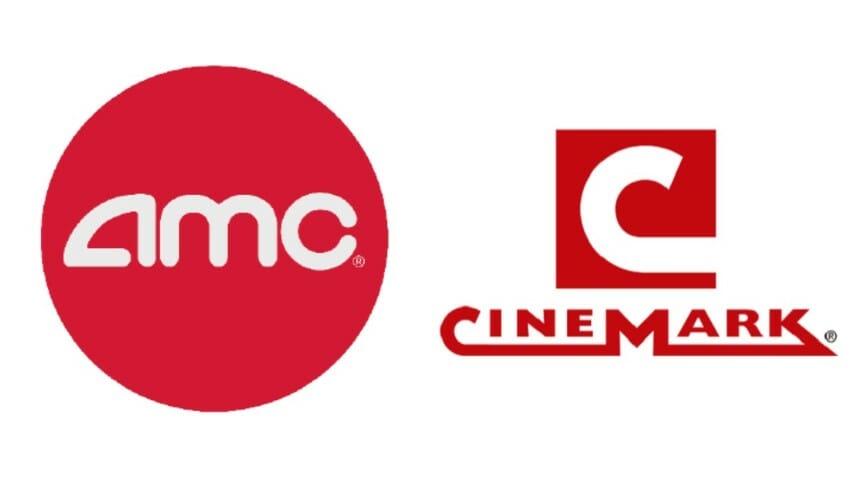The Future of Movie Exhibition Is in Flux Thanks to Universal and COVID-19

COVID-19 has wreaked havoc on much of the U.S. economy, with in-person moviegoing one of its biggest victims. Now, thanks to the pervasive efforts of the government to ensure the pandemic isn’t taken seriously and the crafty culmination of a long-time business strategy, the future of theatrical film exhibition has the potential to change dramatically.
A recent deal between Universal and Cinemark regarding shortened theatrical windows is the second domino to fall, with the studio nailing down a similar deal with AMC over the summer. The new deal with Cinemark elaborates on AMC’s, which allows Universal to put new movies on PVOD after their third weekend of theatrical release. That’s a massive drop from the previous 90-day standard. Cinemark’s addendum is that if a movie opens to more than $50M, theatrical exclusivity gets expanded to five weekends. In exchange, theater chains get a cut of the VOD revenue and it’s all very complicated. But what does that mean for me, the guy that wants to go see a movie sometime in the mysterious far-off future where films actually open in safe, COVID-free theaters? Effectively, the standard is now being set for the deaths of theatrical sleeper hits and the long runs of big-budget flops.
Yes, the deals struck so far are only between a single studio and two of the leading theater chains, but these high-profile business announcements are broadcasting best practices to their competitors: these are the deals they could be getting. Studios hold all the power and have been looking to reduce long and expensive theatrical windows for a while. If you want evidence that there’s a lot of posturing going on from the theatrical side of things, the Cinemark CEO stated his opposition to the window-shortening deal back in August. The only things holding some of these studios back, one would imagine, are company-owned streaming services (Disney+, HBO Max) that complicate the process. The bottom line is that audiences’ timeline to see new movies in theaters is going to be reduced for anything that isn’t a franchise blockbuster.
Let’s look at that $50M number. In 2019, 17 movies hit that opening figure, which would keep them in theaters for five weeks according to the Cinemark deal. Of those, the only film that wasn’t either a gigantic property, sequel, or spin-off was Jordan Peele’s Us. The rest (ranging from Avengers: Endgame to Pokémon: Detective Pikachu) were the kind of summer tentpole films you’d expect.
-

-

-

-

-

-

-

-

-

-

-

-

-

-

-

-

-

-

-

-

-

-

-

-

-

-

-

-

-

-

-

-

-

-

-

-

-

-

-

-








































